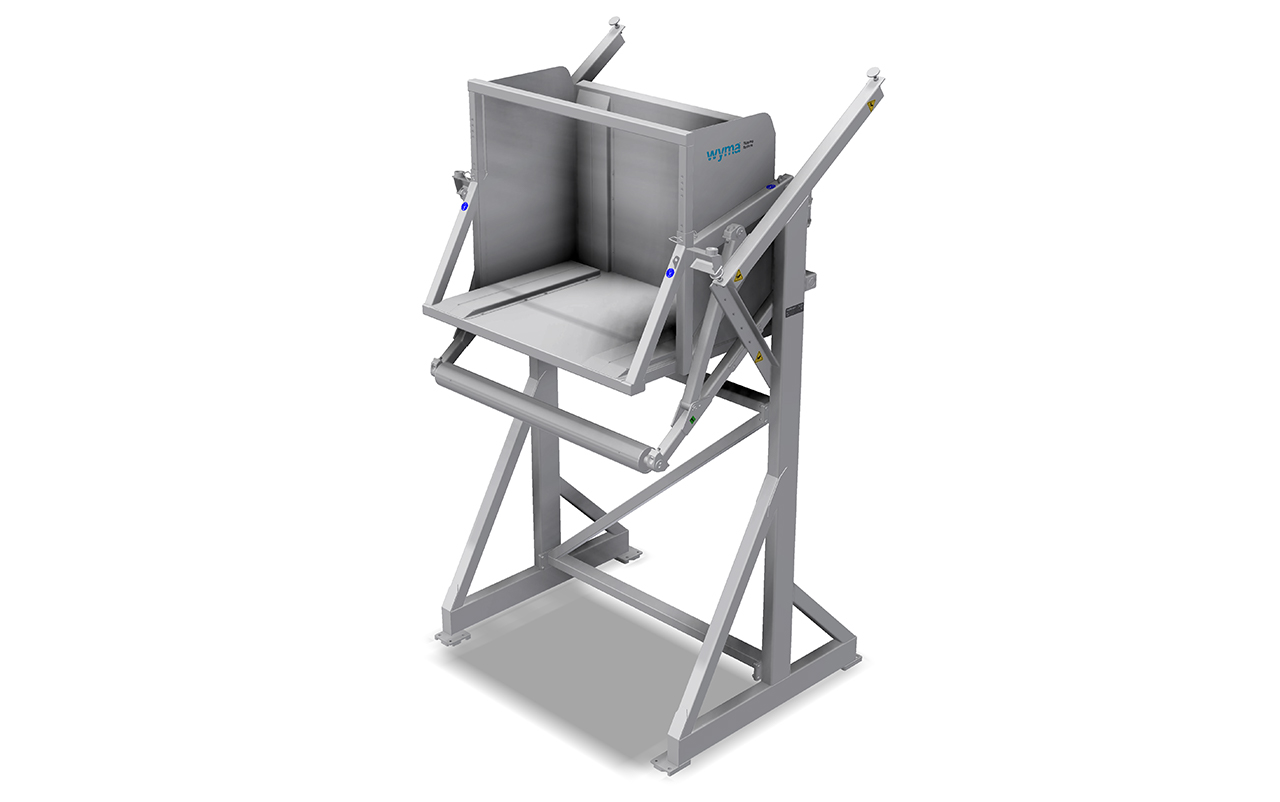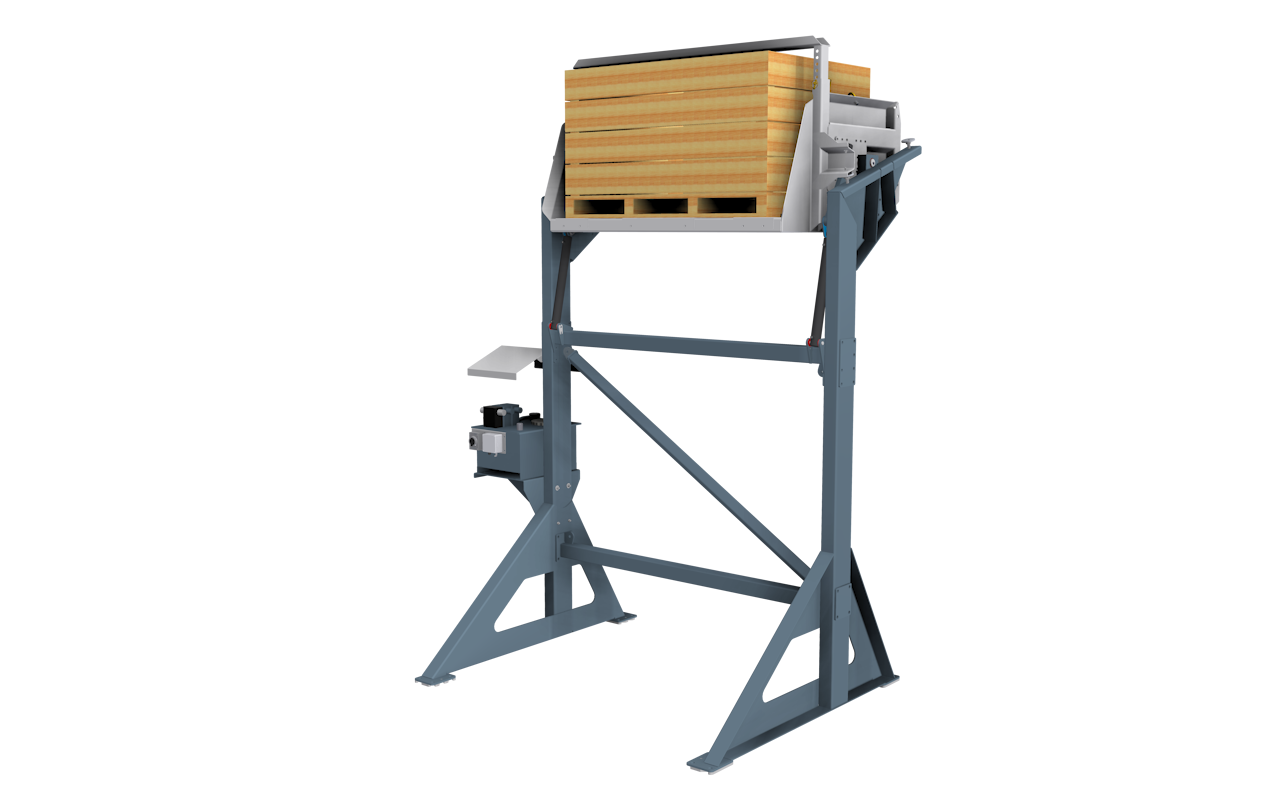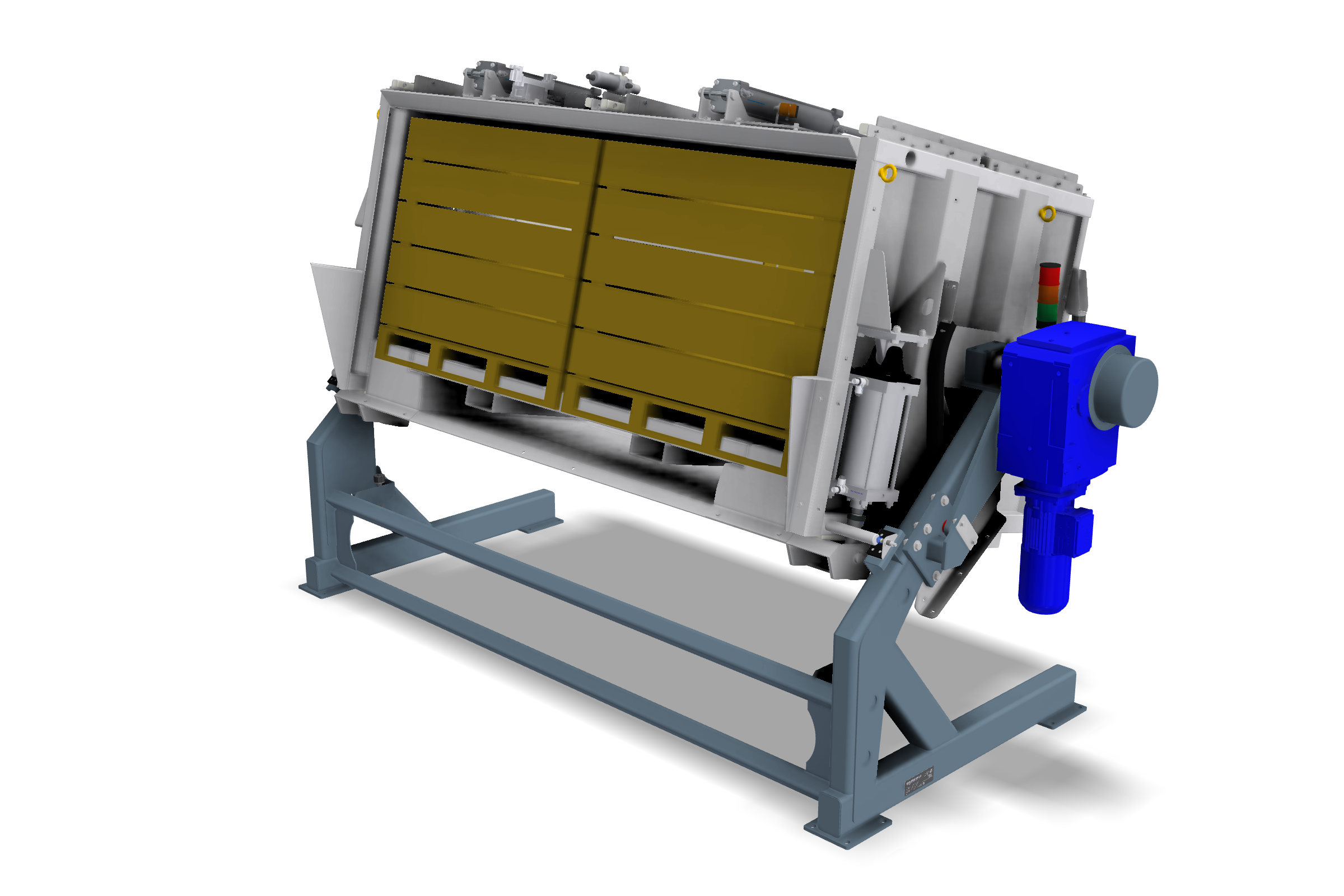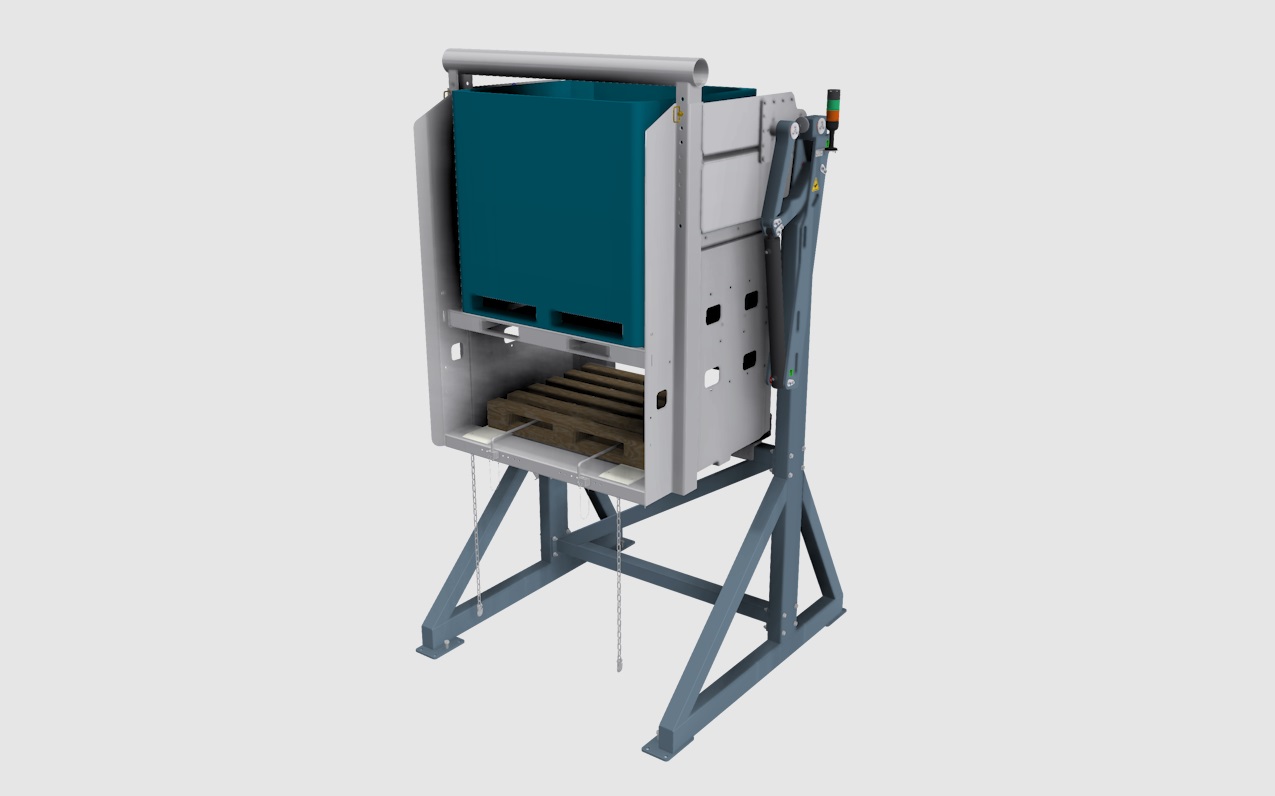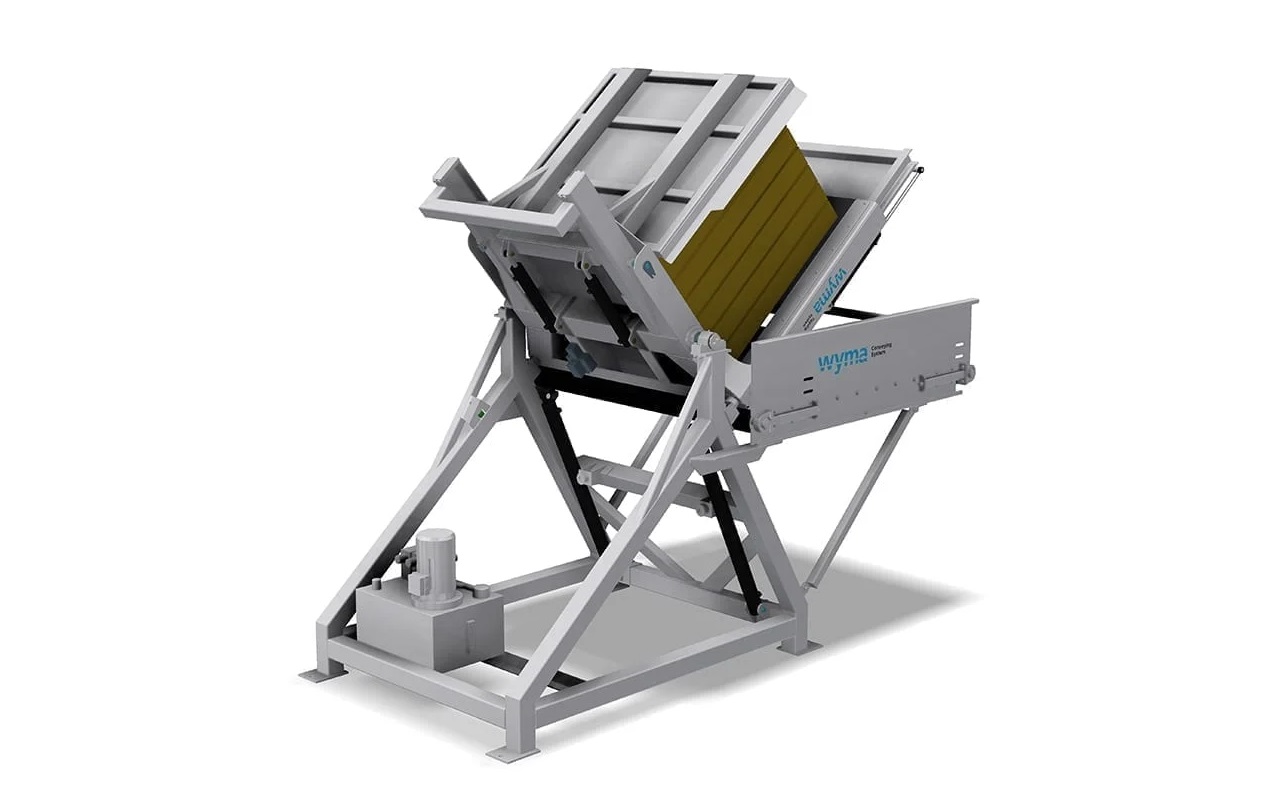

Wyma Solutions
Conditioning
Navigating the Future of Food: A Guide to Sustainable Agriculture
Discover the future of food production, take a look into Wyma's guide on sustainable agriculture, where the company unveils the secrets to reducing waste, conserving water, and maximizing land use for fresh produce growers

In the face of a growing global population and the challenges posed by climate change, the need for sustainable food production has never been more pressing. Farming plays a vital role in ensuring food security while also preserving our planet’s resources. In this guide, we explore the intersection of sustainability and food production, focusing on key areas such as waste reduction, water conservation, and responsible land use.
The Current Landscape
The world’s food production industry finds itself at a critical juncture. The demand for fresh food continues to rise alongside the population, but our natural resources are becoming increasingly scarce. To address this challenge, the United Nations outlined 17 Sustainable Development Goals (SDGs) as part of Agenda 2030, emphasizing the importance of economic, social, and environmental sustainability.
The Focus
In this guide, WYMA concentrates on three of these SDGs: Clean Water and Sanitation, Responsible Consumption and Production, and Life on Land. These goals are particularly relevant to vegetable producers, as they highlight the need for efficient resource management and environmental stewardship within our industry.
- Clean Water and Sanitation: Water is a precious resource, and its responsible use is essential for sustainable agriculture. By adopting water-efficient irrigation techniques and implementing water-saving technologies, such as drip irrigation and precision agriculture, growers can minimize water wastage and ensure that this vital resource is used effectively.
- Responsible Consumption and Production: Reducing waste throughout the supply chain is crucial for promoting sustainability in food production. From minimizing post-harvest losses to optimizing packaging and distribution processes, there are numerous opportunities for growers to streamline their operations and minimize their environmental impact.
- Life on Land: Effective land management practices are essential for preserving biodiversity and maintaining healthy ecosystems. By implementing agroforestry techniques, practicing crop rotation, and minimizing soil disturbance, growers can improve soil health, enhance biodiversity, and mitigate the impacts of climate change.
Farmers have a responsibility to embrace sustainable practices that not only ensure the long-term viability of the industry but also protect the planet for future generations. By focusing on waste reduction, water conservation, and responsible land use, we can make a significant contribution to achieving the Sustainable Development Goals and creating a more sustainable food system.
Ready to take the next step towards sustainability? Download our comprehensive guide to sustainable agriculture to learn more about how you can make a positive impact on the future of food production.





